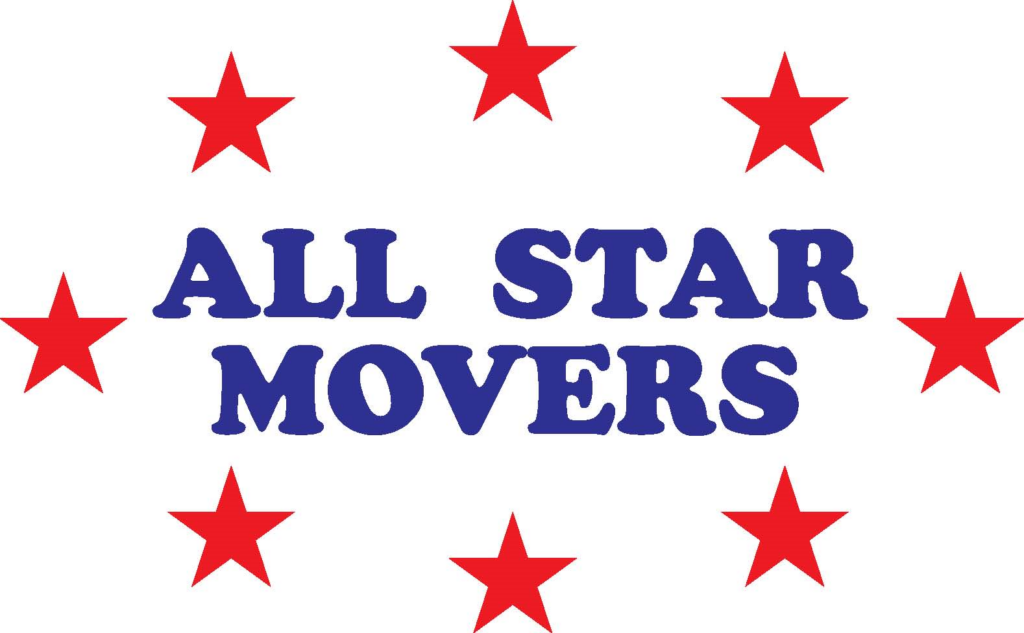
One of the best ways to effectively budget for a move is arming yourself with information. Make sure you know what a move of your scale is going to cost to ensure you can afford it come moving day. Remember, though, understanding the cost of a move is more than just getting an hourly quote. There are numerous factors that play into and affect the overall cost of a move.
What You Need to Know About Hourly Rates Movers Charge
1. The Distance Matters
Depending on the specifics of your move, it’s not always as straightforward as simply getting an hourly moving quote.
Many moving companies categorize your type of move and charge accordingly. As such, there are generally three kinds of moves: local, interstate, and international.
Local movers in Norther Virginia often charged per mover per hour, interstate moves are based on weight and mileage, and international moves are determined by weight and density.
If a move is taking you across state lines, there are tariffs in place that determine the maximum price for your move—based on origin zip code, destination zip code, and weight. Moving companies will use this number when determining an estimate.
For international moves, a company’s international division or third-party associates will give the moving company a quote that then factors into your moving estimate.
2. The Season Matters
Like many industries, moving companies experience a peak season. This is typically from May to October with the highest moving traffic occurring in the summer months. Anticipate that during peak season, you are going to pay a higher hourly rate for your mover.
All companies vary, but expect a three-person crew to run anywhere between $150 and $180 per hour.
Off-peak moves occur between November and April with January and February being the least in demand and cheapest.
You can expect an off-peak move with a three-person crew to cost between $140 and $150 per hour.
3. The Elements Matter
It is a common moving industry practice to charge per mover per hour. Therefore, any element that can slow down a moving crew will impact the overall price of that move. When it comes to moving, time is definitely money.
With that in mind, be aware that natural elements can slow down or hinder movers. In the summer excessive heat or humidity can slow movers down, and in the winter months, ice, snow, or rain can necessitate slower, more careful steps.
Don’t forget to also factor in daylight issues. Moving in the dark is slower, and in some locations, darkness sets in quite early during the winter months.
Any or all these factors can drastically change how many hours your movers are on the clock.
4. The Kind of Move Matters
Whether you’re looking for a commercial move or a residential move, movers will typically still charge by the hour. However, commercial moves can pose certain obstacles.
For example, many commercial buildings don’t want movers on-site during business hours, as it could disrupt other workers or businesses within the complex. Therefore, some commercial building managers require movers to come after-hours. Moving after 5:00 p.m. can increase a mover’s hourly rate. Some companies will even charge an after-hour or weekend surcharge. This can be upwards of an additional 15 to 25 percent of the total moving cost.
If you’re looking to move commercially or even outside of normal business hours, make sure you ask your mover if any such surcharges exist.
